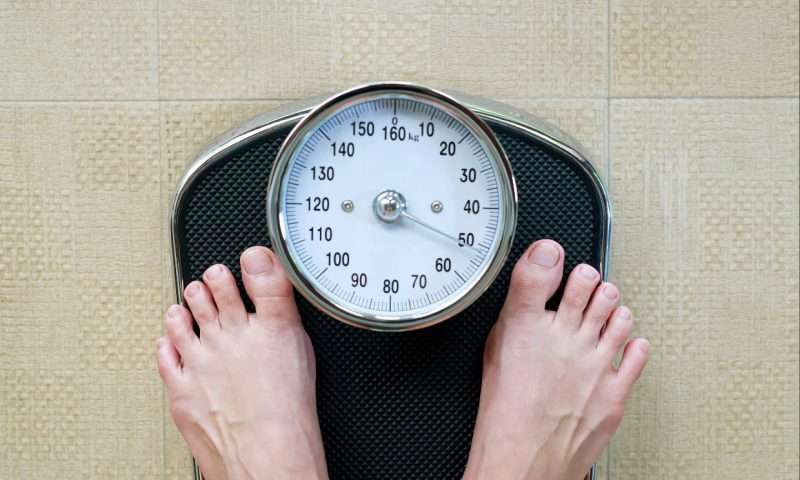If you have children, particularly teens, sitting exams you will know it it one of the most overwhelming and high pressure experiences they can face. There are pressures from school or college, from you as parents and from their own expectation and ambition. For parents, it can be difficult to know how best to help children study for exams in a way that will manage that pressure and help them thrive when they sit down to take the tests.
It is all about helping your child access clear support systems, coping mechanisms and study techniques during the exam period, as well as keeping an eye out for the symptoms of stress. The good news is that parents can support young people and help remove some of the pressure around exam season. By setting a positive example and encouraging them, you can help ensure they remain happy and healthy, as well as reach their full academic potential.
Here are nine ways to help.

How to help children study – the tips
1. Encourage them to talk to you
Encourage open communication, and if your teen seems stressed, ask if they’d like to talk through revision together, or more broadly discuss their concerns. It’s important your child knows you’re there for them if they need you, whether it is relating to a specific topic or just to listen to them vent.
2. Don’t just rush to make them feel better
It’s vital to acknowledge what teenagers are feeling, rather than just trying to make it go away. If they want to pour out their heart, they may just need to get it out and verbalise it. Validate their right to feel as they do. We’re not very good at sitting with anxiety and often rush to try and make it go away or to feel better. But this can lead us to quick fixes, including unhealthy behaviour choices such as not bothering to try, often led by unhealthy thoughts like “If I don’t try, I can’t fail”.
3. Set up a quiet study area
Help children study for their exams by creating an area in which they can study without distractions. This might not be easy, but it is worth making sacrifices during the run-up to the exams in order to commandeer some space somewhere in your home.
Try to limit external distractions for your child, such as loud music or TV, as they can cause a drop in concentration.
4. Help teenagers unpack their feelings
Encourage teens to analyse how they’re really feeling about their exams and revision. Ask them to look more deeply into their emotions and try to unpack exactly what we’re worrying about. Once they have that clarity, you can work together to map out the next steps they need to take.
Their anxiety might stem from a lack of understanding. In this case, you can try and zero in on what they are struggling with and research it together so that they can get their head around it.
Another possibility is that they are concerned about letting you down. If this is the case, you should reassure them that you are fully supportive of them, no matter what happens.

5. Help with visual prompts
Even the most house-proud minimalist has to make compromises when it they seek to help children study. Because a great way to help them remember key points and tricky concepts is to put up sticky notes around the home with those quotes, equations, translation and other prompts on them.
This is a way of keeping constant exposure to the important elements for your child. They don’t have to be properly revising to learn. Seeing the information they need whilst they are making a cup of tea, brushing their teeth or carrying out any other duty reinforces their more formal learning.
6. Avoid ‘toxic positivity’
If a teenager says things like, ‘I’m so stupid’, or ‘I’m rubbish at everything’, it’s natural for you to protest and tell them they’re brilliant.
But, by doing this, you are not validating their very real concerns. They may make sweeping statements, but there are heartfelt sentiments behind them. If you just dismiss them, you lose what they are trying to say.
A better way to respond is to acknowledge the feeling with something like “I’m really sorry you’re feeling that way”, and then asking for more information about what prompted the statement.
7. Be a good role model
Role modelling healthy ways to manage your own anxiety is hugely important. You can’t expect a young adult to listen to you if you don’t show that what you’re suggesting works.
Lead by example by staying positive and calm when talking about exams. Avoid using phrases such as, “You must be nervous”, as you may risk accidentally making an otherwise calm child more stressed. Children learn a great deal about how to manage their behaviour and deal with difficult situations from their parents. By demonstrating calm and resilient behaviour, parents can have a positive influence on their children’s ability to cope with adversity.

8. Try stressbusting techniques together
Practise self-care or stressbusting techniques together to help children study for exams. This can include reciting affirmations with deep breathing in order to focus your minds.
Another option includes getting your child to note down everything they need to do and its relative importance on a pie chart. The size of the slice shows the importance of the activity. Then ask them to draw on a scale of zero in the centre, to ten on the outside, where they are in each segment.
This gives them a visual representation of what they need to do, and where they are, as well as an indication of the areas they’re neglecting, and how important those areas are. By having everything on one pie chart, it might feel a lot more manageable and less overwhelming.
9. Maintain the family routine
Ensuring family dinners and other rituals remain part of daily life can help teenagers cope with exam stress, as routine is predictable and reassuring at a time of pressure and uncertainty.
Maintaining structure can also help your child plan their downtime. It’s important to ensure they’re taking time to relax and unwind, whether by watching their favourite TV show, playing a game, hanging out with friends or anything else they enjoy.











